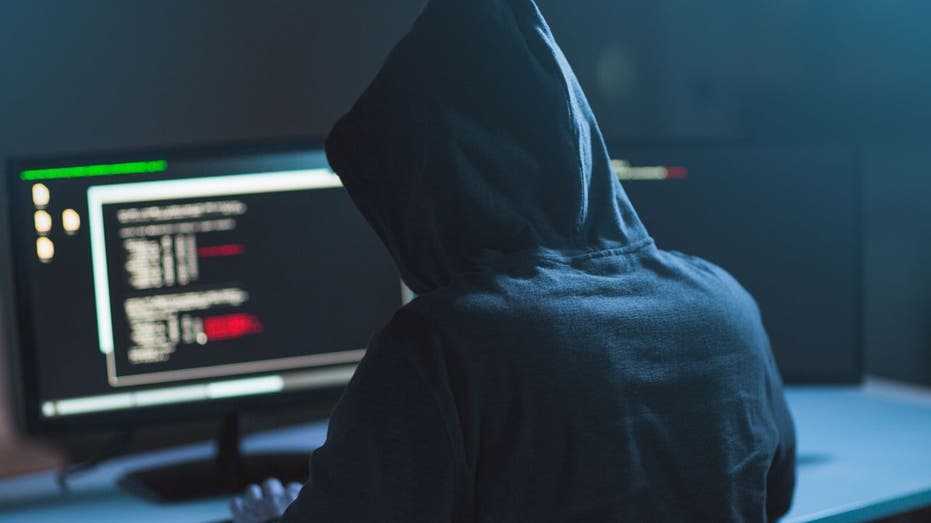Chinese Hackers Target U.S. Telecoms: Essential Steps to Safeguard Your Data

U.S. telecommunications companies are facing a significant threat from Chinese cybercriminals. A recent federal investigation has revealed a widespread cyber espionage campaign orchestrated by the Chinese government, which is focused on infiltrating American telecom networks to extract sensitive personal information. A senior official in the White House confirmed that at least eight major U.S. telecom firms have fallen victim to this alarming hacking initiative.
Understanding the Threat Landscape
The FBI has disclosed that hackers associated with the Chinese government have breached the systems of multiple telecom companies. They have gained access to customer call records and private communications of a select group of individuals. However, their primary targets are not the average consumer but rather Americans connected to government and political activities.
-
Beyond Cryptocurrency: How Blockchain Technology is Transforming Industries Globally

-
Apple Announces Price Hikes Despite Tariff Relief, Emphasizing Premium Innovation

-
Cluttered Garages in the U.S. Impeding Electric Vehicle Adoption, Study Finds

-
Wisconsin Launches Historic 200MW Solar Farm with Battery Storage to Power the State Around the Clock

Moreover, the FBI indicated that the hackers attempted to replicate specific information that was under U.S. law enforcement scrutiny, hinting at possible breaches of programs designed to monitor suspected foreign operatives.
Insights from National Security Officials
Deputy National Security Advisor Anne Neuberger recently elaborated on the extent of the hacking campaign. U.S. authorities believe that these hackers have successfully compromised communications from high-ranking government officials and influential political figures. While the focus has been narrow, a limited number of American communications have indeed been compromised.
Despite ongoing efforts to secure their networks, affected telecom companies report ongoing challenges in fully eradicating these hackers from their systems. This campaign is thought to have begun approximately one to two years ago, with a Chinese hacking group called Salt Typhoon suspected of leading the operation.
Exploiting Vulnerabilities in Telecom Infrastructure
Salt Typhoon has reportedly accessed private communications and call records by exploiting longstanding vulnerabilities in major telecom providers such as AT&T and Verizon.
John Ackerly, CEO of Virtru, a data-centric security firm, noted the irony that the very back doors exploited by the hackers are the same ones utilized by law enforcement for legal surveillance. The vulnerabilities stem from the Communications Assistance for Law Enforcement Act (CALEA), which mandates that telecom companies create back doors within their infrastructure, allowing law enforcement agencies to obtain phone records and metadata as part of authorized investigations.
Ackerly emphasized that these back doors pose a significant risk, as they are not selectively secured and can be exploited by malicious actors once discovered.
Enhancing Communication Security
To safeguard private conversations and sensitive phone calls, cybersecurity experts recommend utilizing end-to-end encrypted platforms. Jeff Greene, executive assistant director of cybersecurity at CISA, highlighted the importance of adopting encrypted communication tools to bolster security.
“Make use of encrypted communications whenever feasible,” Greene advised, stressing the need for secure platforms and a long-term strategy to protect networks from breaches.
An FBI representative also urged citizens to use cellphones that receive consistent operating system updates, employ responsibly managed encryption, and activate phishing-resistant multi-factor authentication for their accounts.
However, experts caution that these measures, while helpful, are not entirely foolproof. The notion of “responsibly managed encryption” raises concerns, as it allows for “lawful access,” reminiscent of the back doors mandated by CALEA. Ackerly contended that encryption with back doors does not provide effective protection, calling for the U.S. government to support stronger end-to-end encryption methods.
Practical Steps to Protect Your Data
In light of these concerning developments, here are ten practical steps you can take to enhance the security of your personal information:
1. **Utilize End-to-End Encrypted Platforms:** Choose communication tools that offer end-to-end encryption to ensure that only you and your intended recipient can access your messages.
2. **Keep Operating Systems Updated:** Ensure that your devices automatically receive timely updates, which often include critical security patches.
3. **Enable Two-Factor Authentication (2FA):** Set up phishing-resistant 2FA on your email and social media accounts for an added layer of security.
4. **Install Strong Antivirus Software:** Stay informed about phishing techniques and avoid suspicious links or emails that request personal information.
5. **Encrypt Sensitive Data:** Protect data on USB drives and laptops by using encryption and password-protecting sensitive files.
6. **Adopt Strong Password Practices:** Use unique, complex passwords for each account and consider employing a password manager for added security.
7. **Regularly Backup Your Data:** Backup important data to safeguard against loss due to ransomware or device failure.
8. **Exercise Caution with Public Wi-Fi:** Use a Virtual Private Network (VPN) when connecting to public Wi-Fi to encrypt your internet traffic and enhance security.
9. **Invest in Personal Data Removal Services:** Consider services that can help eliminate your personal information from public databases to mitigate risks of data exploitation.
10. **Use Identity Theft Protection Services:** These services monitor your accounts for unusual activity and offer assistance in case of data breaches.
Taking Action Against Cyber Threats
The reality of ongoing cyberattacks poses a significant risk to millions of Americans as hackers continue to exploit vulnerabilities within telecommunications providers. It is imperative that both government officials and affected companies prioritize addressing these threats and closing the back doors that allow for such breaches.
The current situation represents one of the most extensive intelligence compromises in U.S. history, raising critical questions about encryption laws and their effectiveness in protecting individual privacy.
Do you believe that current laws surrounding encryption and lawful access are sufficient to safeguard your data? Share your thoughts with us.
To stay updated on tech tips and security alerts, subscribe to the CyberGuy Report Newsletter for free.
For inquiries or to suggest topics for future coverage, feel free to reach out.
Copyright 2024 CyberGuy.com. All rights reserved.
